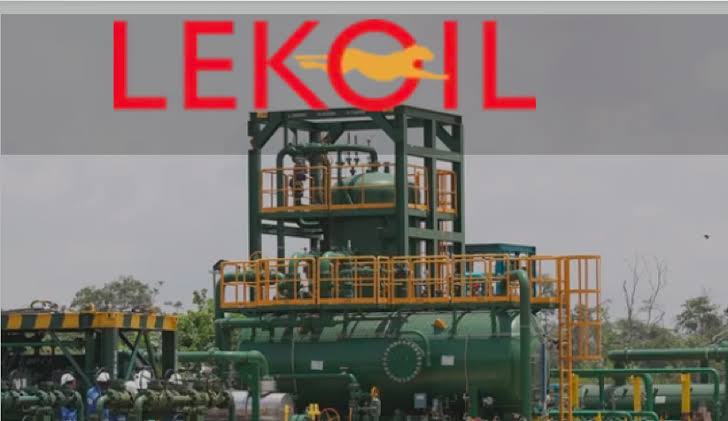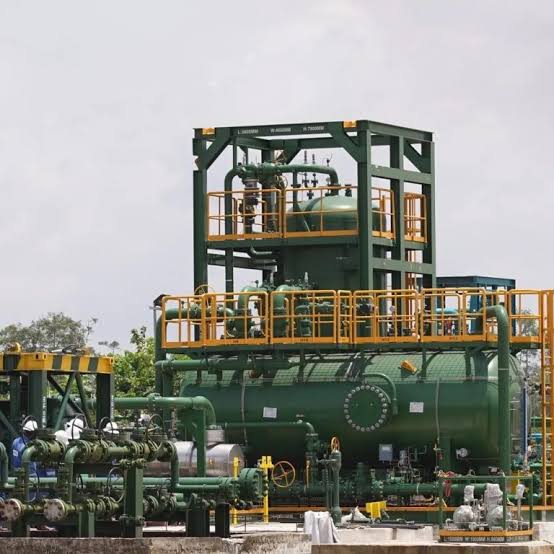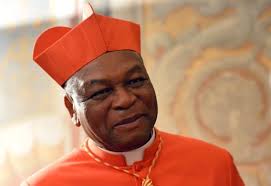The Director of Legal and company secretary at LEKOIL Nigeria Limited, Gloria Iroegbunam, emphasized the critical necessity for enhanced synergy and collaboration within the energy, oil, and gas sector to bolster productivity and stimulate investments throughout the entire value chain.
Iroegbunam highlighted that Executive Orders could yield significant positive outcomes if all stakeholders were aligned towards a common goal.

“The petroleum industry serves as the cornerstone of the Nigerian economy, attracting substantial investments both domestically and offshore. Nevertheless, a notable obstacle arises from the regulatory red tape that often impedes seamless operations and investment inflows.
“The convoluted responsibilities among diverse regulatory bodies further exacerbate the situation, creating a complex maze of administrative obstacles.Given these challenges, the commendable efforts of the Nigerian government to streamline these processes through Executive Orders warrant a thorough evaluation of their practical effectiveness,”she emphasized.

In her analysis titled ‘Practical Efficacy of Executive Orders in the Nigerian Petroleum Industry,’ Iroegbunam urged the government to ensure the elimination of legal barriers and regulatory constraints. She stated, “A crucial aspect of implementing Executive Orders lies in their legal validity. Executive Orders are presidential directives designed to oversee operations within the federal government.
“However, their scope is inherently limited when attempting to supersede or modify statutory regulations. In Nigeria, many regulatory procedures within the petroleum sector are underpinned by legislation enacted by the National Assembly.”

She cautioned, “This is to prevent legal disputes arising from the authority and scope of such executive orders, as witnessed in 2019 when a Federal High Court ruling nullified the impact of executive orders lacking legislative support.
“For Executive Orders to fulfill their intended objectives, particularly within the petroleum industry, a transparent collaboration between the government and regulatory entities is imperative. These agencies oversee the administrative processes that Executive Orders aim to streamline.Their active participation ensures that the orders are not only viable but also practically enforceable. Additionally, involving regulators in the formulation and implementation phases can preempt potential conflicts with existing statutory mandates, thereby enhancing the efficacy of the orders,”the legal expert, with extensive experience in the oil and gas sector, added.
Acknowledging the dynamic nature of the petroleum industry alongside evolving market conditions and technological advancements, Iroegbunam advocates for an expanded stakeholder engagement framework as the optimal approach to reducing regulatory overlaps, aligning structures, and enhancing operations.



































